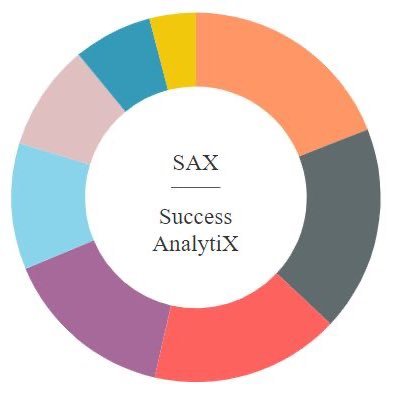Adaptability and learning agility are closely related concepts that describe the ability to thrive in dynamic and changing environments. Here's a vocabulary list categorized for clarity:
I. Core Concepts of Adaptability
- Adaptability: The ability to adjust to new conditions, changing circumstances, or unexpected situations.
- Related terms: Flexibility, pliability, resilience, adjustability, versatility
- Resilience: The capacity to recover quickly from difficulties; toughness.
- Related terms: Fortitude, robustness, strength, elasticity, bounce-back ability
- Change Management: The application of processes, tools, and techniques to manage the people side of change to achieve the required business outcome.
- Related terms: Transition management, organizational change, transformation
- Ambiguity Tolerance: The ability to function effectively in situations characterized by uncertainty, lack of clarity, or conflicting information.
- Related terms: Uncertainty tolerance, comfort with ambiguity, comfort with the unknown
- Situational Awareness: Perception of environmental elements and events with respect to time or space, the comprehension of their meaning, and the projection of their future
status. - Related terms: Environmental awareness, contextual awareness, vigilance
II. Core Concepts of Learning Agility
- Learning Agility: The ability to learn from experience and then apply that learning to perform successfully under new or first-time conditions.
- Related terms: Learning on the fly, rapid learning, quick learning, continuous learning
- Mental Agility: The ability to think quickly and clearly; mental sharpness.
- Related terms: Cognitive flexibility, mental dexterity, quick thinking, mental sharpness
- Self-Awareness: Conscious knowledge of one's own character, feelings, motives, and desires.
- Related terms: Introspection, self-reflection, self-knowledge, insight
- Feedback Seeking: Actively soliciting and incorporating feedback to improve performance.
- Related terms: Feedback orientation, openness to feedback, receptivity to feedback
- Experimentation: The process of trying out new ideas or methods to see what happens.
- Related terms: Trial and error, testing, piloting, prototyping
- Reflection: Serious thought or consideration. In the context of learning, it refers to the process of analyzing experiences to extract lessons learned.
- Related terms: Introspection, contemplation, review, analysis
III. Skills and Behaviors Related to Adaptability and Learning Agility
- Curiosity: A strong desire to know or learn something.
- Related terms: Inquisitiveness, interest, thirst for knowledge, eagerness to learn
- Openness to Experience: A personality trait characterized by intellectual curiosity, imagination, and a willingness to try new things.
- Related terms: Receptiveness, broad-mindedness, flexibility, adaptability
- Growth Mindset: The belief that abilities and intelligence can be developed through dedication and hard work.
- Related terms: Learning orientation, development mindset, continuous improvement
- Problem-Solving: The process of finding solutions to complex or difficult issues.
- Related terms: Issue resolution, troubleshooting, analysis, critical thinking
- Critical Thinking: The objective analysis and evaluation of an issue in order to form a judgment.
- Related terms: Analytical thinking, logical reasoning, evaluation, assessment
- Communication Skills: The ability to convey information effectively and clearly, both verbally and in writing.
- Related terms: Interpersonal skills, presentation skills, active listening, articulation
- Collaboration: The action of working with someone to produce or create something.
- Related terms: Teamwork, cooperation, partnership, joint effort
IV. Contexts and Applications
- VUCA: Volatility, Uncertainty, Complexity, and Ambiguity—a framework used to describe the challenges of the modern business environment.
- Change Curve: A model that describes the stages of emotional and behavioral adaptation to change.
- Agile Methodology: An iterative and incremental approach to project management that emphasizes flexibility and collaboration.
- Learning Organization: An organization skilled at creating, acquiring, and transferring knowledge, and at modifying its behavior to reflect
new knowledge and insights.
YouTube Channel
Success AnalytiX
By Jerry Ramonyai


No comments:
Post a Comment